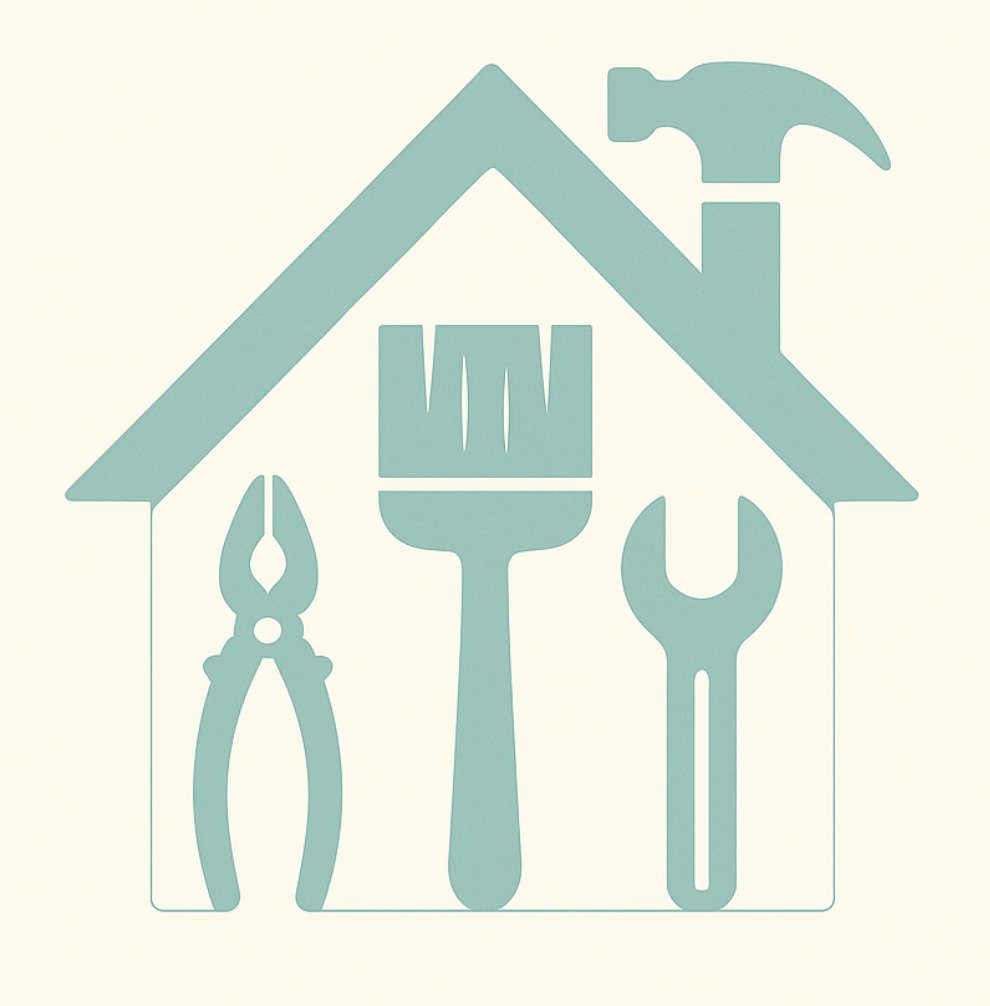🏡 How a Home Maintenance Subscription Saves You Time Why Time-Saving Home Maintenance Matters Time…
🏡 Why You Should Change Your HVAC Filters Regularly
🏡 Why You Should Change Your HVAC Filters Regularly
Changing your HVAC filters is one of the simplest yet most impactful tasks to maintain home comfort and efficiency. Despite being easy, it’s often overlooked—leading to higher energy bills, system wear, and poor indoor air quality. Here’s why regular filter changes matter and how they benefit your home.
🌬️ Improved Indoor Air Quality
Your HVAC filters trap dust, allergens, pet dander, and airborne particles. Over time, clogged filters reduce efficiency, allowing contaminants to circulate and lowering air quality.
Why This Matters:
✅ Prevents dust & allergens from spreading in your home.
✅ Reduces allergy and asthma symptoms for sensitive individuals.
✅ Creates a healthier living environment with fresher, cleaner air.
Pro Tip: If you have pets or allergies, replace filters every 1-2 months for optimal air quality.
⚡ Increased Energy Efficiency
A dirty filter makes your HVAC system work harder, increasing energy consumption and monthly bills.
The Energy Savings Impact:
✅ A clean filter improves airflow, reducing strain on your system.
✅ Cuts energy consumption by 5% to 15% (U.S. Department of Energy).
✅ Lowers your carbon footprint by reducing overall energy demand.
Regular filter changes help your system run efficiently, saving money and energy.
🛠️ Prolonged HVAC System Lifespan
Your HVAC system is a major investment, and proper maintenance ensures longevity. A clogged filter causes dust buildup, leading to overheating, breakdowns, and costly repairs.
How Regular Filter Changes Protect Your HVAC:
✅ Prevents wear and tear on motors and components.
✅ Reduces overheating and strain, extending system life.
✅ Avoids expensive repairs or premature replacements.
Routine filter replacements keep your HVAC system running smoothly for years.
💰 Reduced Repair Costs
Neglecting HVAC filters leads to clogged ducts and system failures, resulting in costly emergency repairs.
The Cost-Effective Solution:
✅ Replacing filters prevents expensive breakdowns.
✅ Keeps blower motors, coils, and heat exchangers from failing.
✅ Saves hundreds to thousands in unexpected HVAC repair costs.
A small investment in regular filter changes can save you big money in the long run.
❄️ Consistent Comfort
A dirty filter disrupts airflow, causing uneven heating or cooling throughout your home.
Why Clean Filters Ensure Comfort:
✅ Prevents hot and cold spots by maintaining proper airflow.
✅ Ensures consistent heating and cooling year-round.
✅ Helps your system maintain your desired indoor temperature.
Keeping your filters clean means better air circulation and reliable comfort.
🌎 Environmental Impact
Regular HVAC maintenance reduces energy waste, leading to a more sustainable home.
How Changing Filters Helps the Planet:
✅ Lowers energy demand, reducing strain on power grids.
✅ Decreases carbon emissions by improving system efficiency.
✅ Contributes to environmental conservation through lower energy consumption.
A simple filter change benefits both your home and the environment.
📆 How Often Should You Change Your HVAC Filters?
🔹 Every 1-3 months for most homes.
🔹 Every month if you have pets or allergies.
🔹 Check filters regularly for buildup and replace as needed.
🏠 Conclusion: Small Task, Big Benefits
Changing your HVAC filters improves air quality, lowers energy bills, extends system life, and maintains home comfort. Neglecting this simple step can lead to costly repairs, poor air circulation, and higher utility costs.
💡 Make it a habit! Check and replace your filters every 1-3 months to keep your home healthier, more efficient, and worry-free.
👉 Want to simplify home maintenance? Sign up for our home management subscription to receive automated reminders, expert guidance, and hassle-free home upkeep.
🔗 [Sign Up Now] (Insert Call-to-Action Link Here)

Comments (0)